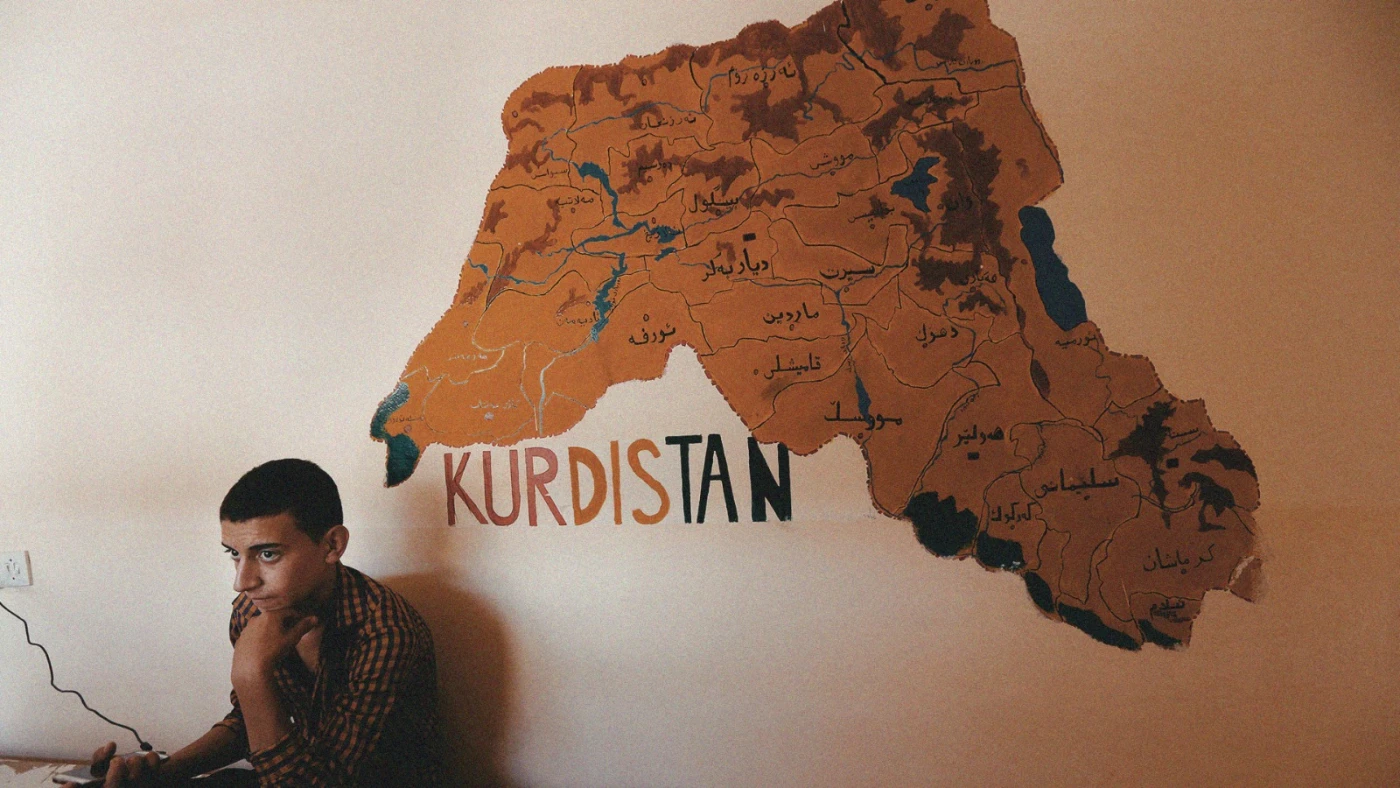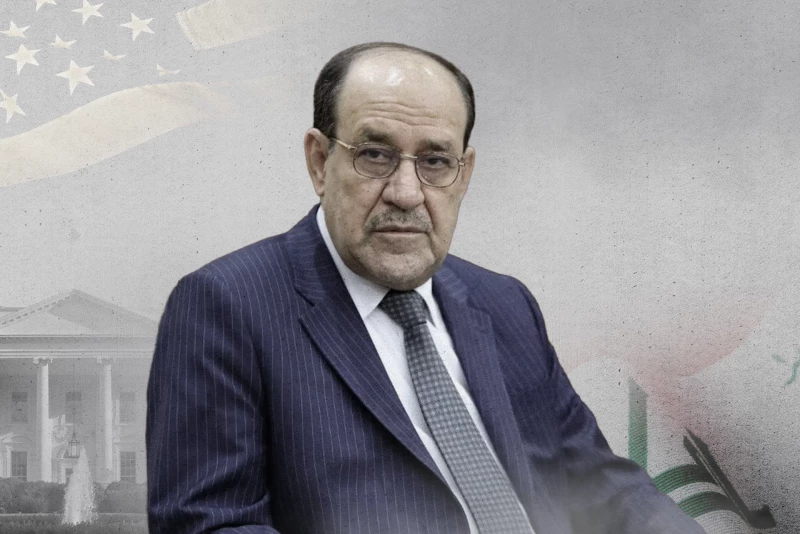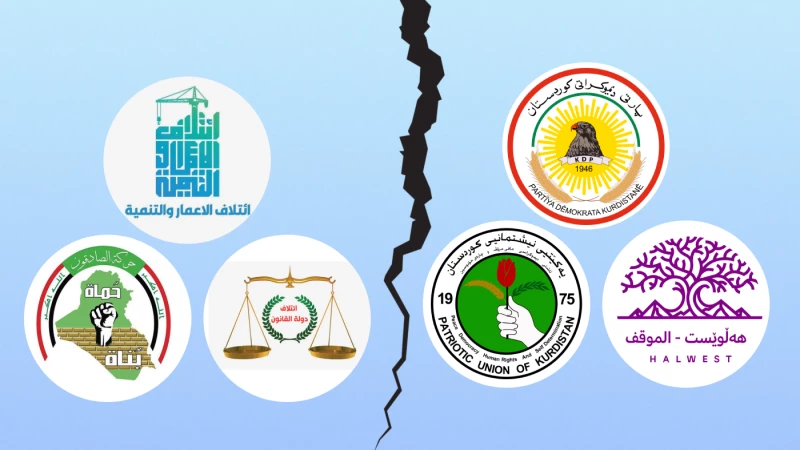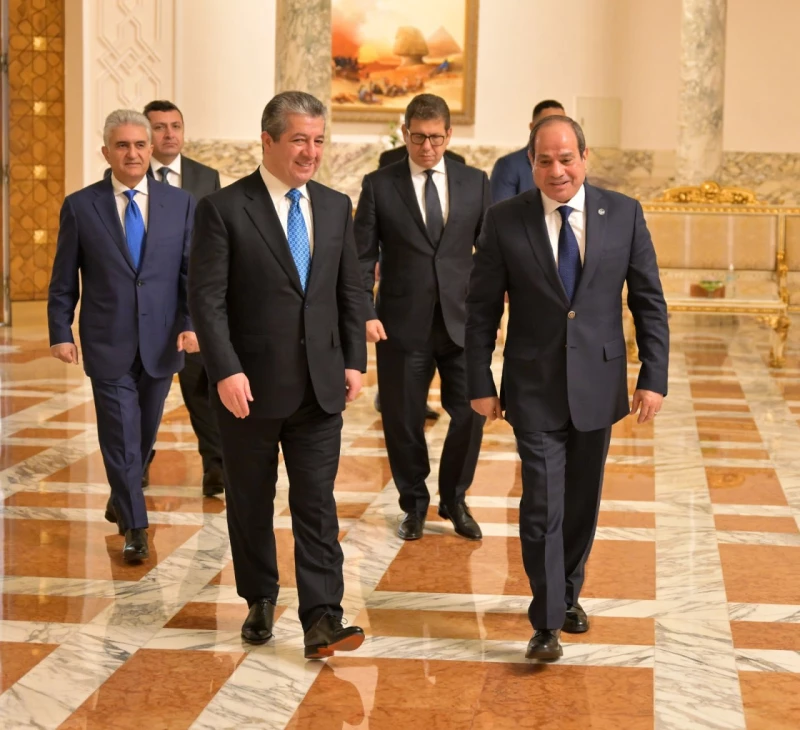On September 25, 2017, citizens in the Kurdistan Region of Iraq voted overwhelmingly to begin the process of becoming an independent state. The reaction from Baghdad was an over-the-top attack on the Kurds. An invasion that removed Kirkuk, a historic Kurdish city, from the control of the Kurdistan Regional Government (KRG). The world did nothing to support Kurdish aspirations and in fact, supported Bagdad’s actions. Since that time, Kirkuk has had much of its Kurdish population removed or reduced in power. Kirkuk can be seen as a microcosm of the Kurdistan Region which is indicative of the difference between them and the rest of Iraq.
While the world sees Iraq as a single country or at a minimum a Muslim country divided between Sunni and Shiites, the fact remains that it is much more divided than the world would like to acknowledge. While lands that are not Kurdish are indeed divided between Sunnis and Shiites with a strong Islamic culture, the Kurdish Region, on the other hand, while Islamic, in nature, maintains a strong sense of independence. Beyond that the Kurdish Region is host to a number of religious groups such as Christians and Yazidis, the Region is known to be tolerant towards all religions and ethnicities. It is not, as many in the West believe, Arabic. The Kurds have a separate language and culture from the rest of Iraq.
While the West looks at Iraq as a single entity, which legally it is, the Kurds have much to teach the world about how to deal with the Region. In 2014 when the Islamic State (ISIS) launched its devastating attack on Iraq, the Iraqi Army put up very little resistance. This may be caused by the fact that many had little loyalty to Baghdad. The Kurdish regional forces, the Peshmerga, met them head-on and eventually forced them to retreat. The difference is the Peshmerga were fighting for their homes and had loyalty to the land.
Beyond the political and military differences are the vast cultural differences between the Kurds and much of Iraq as well as the region. One major differentiator is in the region of human rights, especially women’s rights. While many regional countries claim to have advanced the cause of women’s rights, it is more in words rather than deeds. In Iraq, for many years women did enjoy equal rights under the law and were given positions in government and allowed to pursue careers. Following the Gulf War of 1991, Saddam Hussein reversed many of the gains made and embraced traditional Islamic and tribal customs that restricted women’s roles in society. The Kurdistan Region, on the other, has moved toward, or in fact, maintained equality across the board. The most noteworthy of these was suspending laws that allowed honor killings.
While there is still a large wage gap in the Kurdistan Region, the Kurdish economy is by far the best in Iraq, with the poverty rate the lowest in Iraq. This is due in great part by the KRGs ability to lure foreign capital, especially to its hydrocarbon industries. Instead of embracing these programs, the central government in Baghdad has actively fought against these programs and moved to suppress the value of the progress made.
While problems remain, particularly with internal politics, the West should look to the Kurds for examples of how the region should govern itself. Compared to Iran, Syria, or Turkey, the Kurdish Region is a model.
The views expressed in this article are those of the writer and do not necessarily represent the position of The New Region



 Facebook
Facebook
 LinkedIn
LinkedIn
 Telegram
Telegram
 X
X


